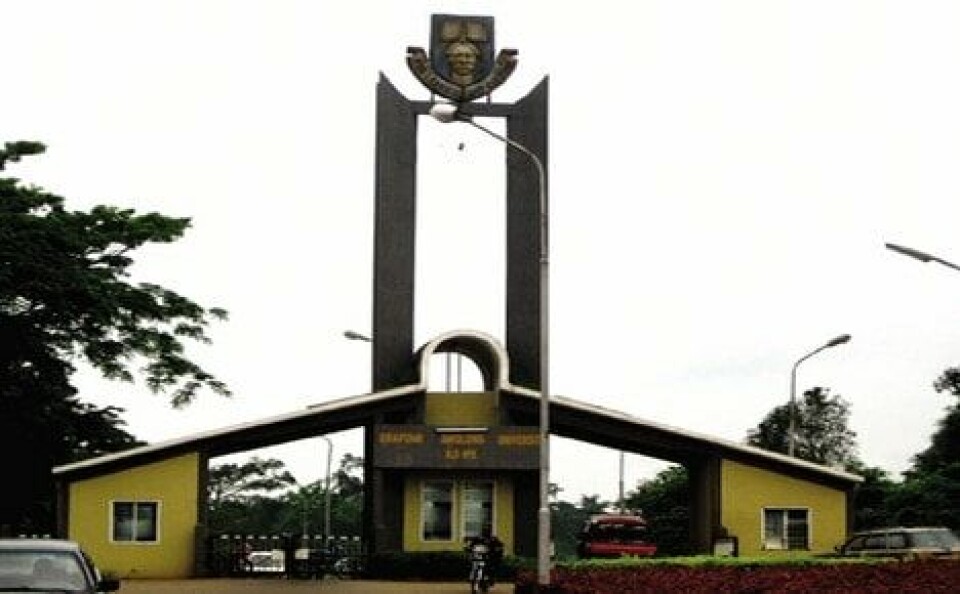Why did you study law?
My decision was birthed from a genuine and unrepentant love for the course and profession. I love the law, I love the doings of the law, I love the feeling of being a law student and I love the disposition of the legal profession.
Is there anyone who inspired you to study law?
I can’t trace my desire to any particular figure. The decision was independently made. I am inspired by all those legal luminaries who have contributed to the development of Nigeria and the Nigerian legal system. Also, young lawyers, who against all odds add flavor to the legal profession, inspire me.
Could legal training in Nigeria could be improved?
Improvement is a universally relevant phenomenon. In fact, a man becomes one of the living dead the day he buries the culture of continuous improvement. So, I would say, legal education could and should be improved.
In what way?
I would focus on the curriculum. I addressed this in an interview I did with Channels Television (independent 24-hour Lagos news channel) recently. The current day curriculum speaks of a vast dichotomy between the theory-suffused legal education and the practical-driven Practice world. We need a more practical approach to legal education. Legal practitioners, coming in as lecturers at the undergraduate level to give of their experience, would bring reality to the classroom. Senior advocates should visit law colleges. Imagine a Senior Advocate of Nigeria (SAN) teaching law students? Imagine a SAN who has turned evidence from inadmissible to admissible teaching law students “Admissibility and Relevance”? It would travel a lot in making legal education practical, closely imaginary and fun.
Do you think technology could play a bigger part in the training of lawyers?
Absolutely! One of the most outstanding features of law is that it is dynamic. For instance, some years back, there was no cyber-law - principally because there was no cyber-crime but also because cyber-awareness, in itself, was not too pronounced. However, our evolving society gave birth to laws to regulate this. In the current world system, we are driven by technology and legal practice is a driver for all areas of life. Consequently, technology should be a part of legal education and students of law encouraged to be technologically adept and up to date.
With reference to your course, is there anything you would prefer to be done differently?
There should be a standard regulatory measure for the remuneration of lawyers - particularly young lawyers. Using the excuse of training young lawyers, and the excuse of them paying their dues, young lawyers are not paid properly. The law is a noble profession; young lawyers should be paid noble salaries to live noble lives.
What is the role of the lawyer in Nigerian society?
Anytime I picture a society without lawyers, I see a society characterized by (17th Century English philosopher) Thomas Hobbes’ position which is that life would be “nasty, brutish and short”. Lawyers are the drivers of every sphere of society. The economy of our nation, in fact, depends on the exercise of lawyers.
What is the importance of a strong judiciary in a democracy.
Democracy, without a vibrant judiciary, is nothing but a sham and an injury to the well-established principles of rule of law. Without a judiciary, anarchy would thrive, injustice would become justice and illegality will be legal.
Much of Nigeria’s legal system reflects the era of colonial rule. Is this true and, if so, why?
I would say it is true and I would say this is not unexpected owing to the vibrancy of foundational orientation having a tremendous impact on subsequent lifestyles. However, I would deviate from this being “total” by making reference to the Bible - 1 Corinthians 13:11: “When I was a child, I used to speak as a child, think as a child, reason as a child; when I became a man, I did away with childish things."
Can a pan African network of lawyers help the growth of democracy on the continent?
I so much believe and agree to the projection of a Pan African network of lawyers as a medium to aggregate strengths which would facilitate the growth of democracy.

